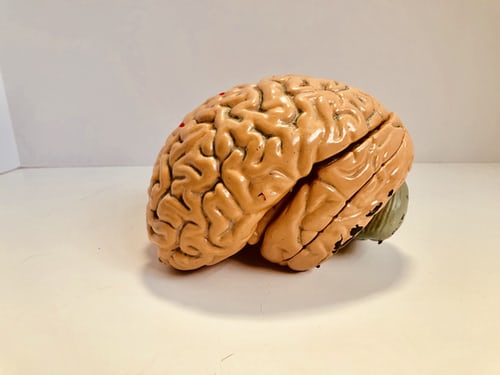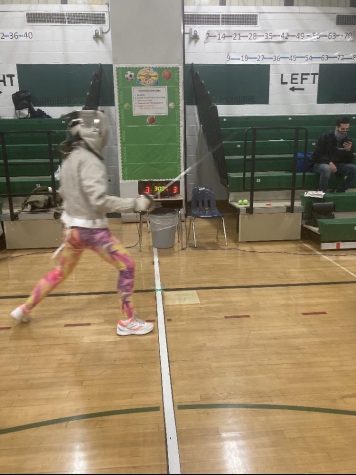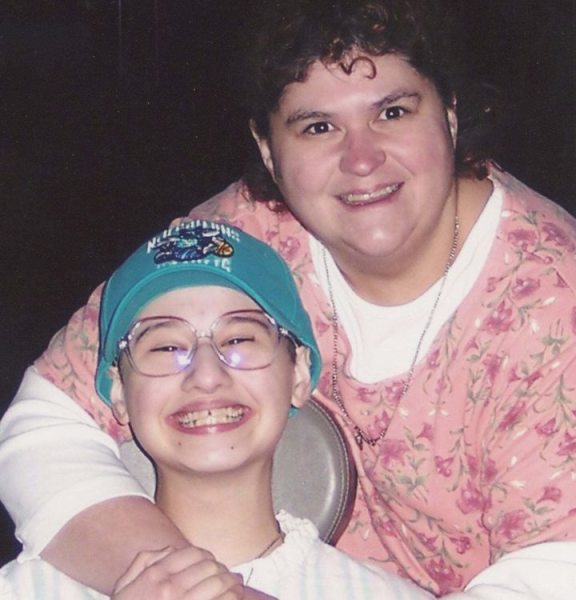The Pilgrimage into the Mind: Part 1
Memory Loss
December 8, 2020
Welcome to a series about the mind! Stories in this series will include memory loss, disease, mental heath, etc.
An expected fate for older individuals is for their memories to fade, however a similar fate can happen to people significantly younger, children. Memory is a very fickle thing, so there can never be a clear cut answer. There seems to different diagnoses for different conditions.
According to the article “Helping Someone with Memory Loss” by the University of Rochester Medical Center, memory loss can develop from a multitude of reasons such as:
puberty, trauma, lack of sleep, aging, stress, brain wound(s), drugs/substance or alcohol, illness, an existing disability.
Believe it or not, dyslexia can even be a factor. According to The National Benefit Authority, it is the most common factor for short term memory loss. Dyslexia most affects short term memory, including the difficulty of processing and remembering new information presented (mostly out loud), and verbally repeating the information.
The most common problem is recollecting the sequence of events, tasks, etc. Most situations that a child has to face pertaining memory would be considered short term memory loss, which should go away eventually. However a majority of parents don’t want to wait it out. Whatever help you get may not be a magical cure that reverses any damage or pulls your child up to a normal comprehension level, but it still can help.
As reported by the aforementioned article by the University of Rochester Medical Center, here are some tips for parents helping a youngster with memory loss. First focus on the child’s strengths and weaknesses. This will make life a lot easier if parents make mental notes of the topics their child needs help in and can accomplish on their own. Second, it’s helpful to break down the information into smaller parts. For example if you ask your child to do their homework and then chores you may have to remind them of each specific activity (according to their level). Third, remember to repeat or write down the details to your child since with most children, you can’t expect a child to retain information and be able to do the activity later on. If you are repeating the information, do it so the child really retains the details and if possible. Also try to get the child to verbally replicate the materials back.
There isn’t much online talking about the experience of memory loss in young people, so it is extremely difficult to get help or advice. If you or someone you know is dealing with something like this go to a doctor or psychiatrist right away. There may be a choice of medication or therapy to help the disability. It may not sound to be the most serious problem, but it is better having a professional laying eyes on the issue.
Keep searching the Charles Street Times to tune in next time for information on the founding of Digital Dementia!












